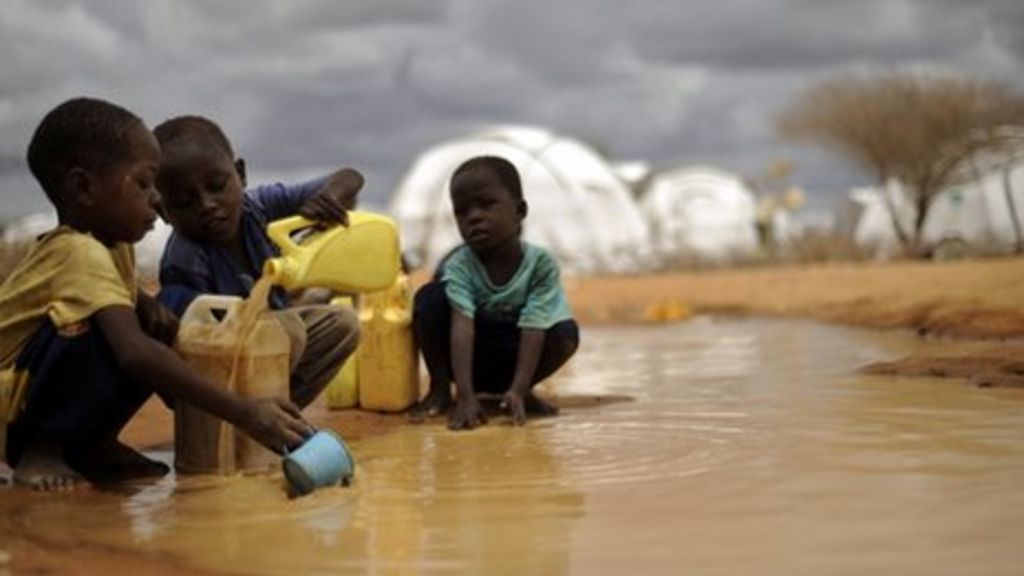90,000 Nigerians contract cholera in 2021 – MSF
At least, more than 90,000 people in Nigeria have been infected in a nationwide cholera outbreak in 2021, according to a statement issued by Médecins Sans Frontières (MSF) on Monday. The statement, which was jointly signed by two field communication officers, Hussein Amri and Abdulkareem Yakubu, said while nearly all of Nigeria’s 36 states have […]

FILE PHOTO: cholera cases
At least, more than 90,000 people in Nigeria have been infected in a nationwide cholera outbreak in 2021, according to a statement issued by Médecins Sans Frontières (MSF) on Monday.
The statement, which was jointly signed by two field communication officers, Hussein Amri and Abdulkareem Yakubu, said while nearly all of Nigeria’s 36 states have reported cholera cases in 2021, the vast majority have been concentrated in the six northern states of Bauchi, Kano, Jigawa, Zamfara, Sokoto and Katsina.
- INEC Declares Anambra Governorship Election Inconclusive
- Buhari congratulates Attah Igala on coronation
“The population of this region is already extremely vulnerable; hundreds of thousands of people have been displaced from their homes by conflict and violence, and most live in conditions with poor sanitation and no safe drinking water,” the statement said.
MSF emergency teams are working alongside the Nigerian Ministry of Health to try and bring the spiralling outbreak under control, opening six cholera treatment centres across the region and treating more than 20,000 patients so far.
The statement said, in many areas, security poses an additional challenge; in Zamfara State, many patients arrive in a serious or critical condition, having delayed seeking treatment for fear of encountering violence or danger on the roads.
Despite this, MSF teams were still admitting more than 100 patients daily at some points in August, underscoring the severity of the outbreak and the determination of patients to get treatment, however risky.
“Vulnerable populations in Nigeria were already in a dire situation.
“Cholera has added to a complex web of medical and humanitarian vulnerabilities, coming on top of heightened insecurity, a chronic state of acute humanitarian and medical needs, and the direct and secondary impacts of COVID-19,” Dr Simba Tirima, MSF country representative in Nigeria was quoted as saying.

At the peak of the outbreak in July, the Nigerian Centre for Disease Control reported more than 7,500 new cases per week and many medical facilities were at risk of being overwhelmed.
“The patients would come devastated, their caregivers worried they might not make it,” says Philip Esenwa, MSF medical activity manager for the Nigeria Emergency Response Unit. “Some were so weak that they could not speak.”
The statement said the challenges were immense in cities such as Kano and Bauchi, where many people live in overcrowded conditions, with dilapidated or non-existent sewage systems and no access to clean drinking water.
To grapple with these complex challenges, MSF adopted a community-based approach, taking healthcare, hygiene measures and public health information directly to the affected communities.
In Maiduguri, Borno State, the MSF team continues to treat nearly 200 patients per week for cholera and acute watery diarrhoea.
In some states, a one-dose oral vaccine is available to help reduce the spread of the disease. However, global supply is limited and the vaccine is not available in all states.
